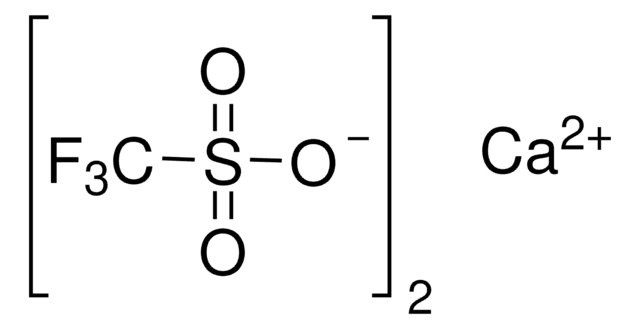532355
(R)-(+)-1,2-Epoxybutane
98%
Synonym(s):
(2R)-Ethyloxirane
Sign Into View Organizational & Contract Pricing
All Photos(1)
About This Item
Empirical Formula (Hill Notation):
C4H8O
CAS Number:
Molecular Weight:
72.11
MDL number:
UNSPSC Code:
12352005
PubChem Substance ID:
NACRES:
NA.22
Recommended Products
assay
98%
optical activity
[α]20/D 10°, neat
refractive index
n20/D 1.386 (lit.)
bp
63 °C (lit.)
density
0.837 g/mL at 25 °C (lit.)
functional group
ether
SMILES string
CC[C@@H]1CO1
InChI
1S/C4H8O/c1-2-4-3-5-4/h4H,2-3H2,1H3/t4-/m1/s1
Inchi Key
RBACIKXCRWGCBB-SCSAIBSYSA-N
Related Categories
signalword
Danger
Hazard Classifications
Acute Tox. 4 Dermal - Acute Tox. 4 Inhalation - Acute Tox. 4 Oral - Carc. 2 - Eye Dam. 1 - Flam. Liq. 2 - Skin Corr. 1B
Storage Class
3 - Flammable liquids
wgk_germany
WGK 3
flash_point_f
10.0 °F - closed cup
flash_point_c
-12.2 °C - closed cup
ppe
Faceshields, Gloves, Goggles
Choose from one of the most recent versions:
Already Own This Product?
Find documentation for the products that you have recently purchased in the Document Library.
M Katz et al.
Journal of environmental pathology and toxicology, 3(5-6), 171-187 (1980-06-01)
Nitrosopiperidine, sodium nitrite and 1,2 epoxybutane were tested in the Ames agar incorporation assay in an attempt to establish exact criteria for detecting the activity of these weak mutagens. As regards minimum concentrations it was determined that at 500 microgram
Hong Yuan Sun et al.
Carbohydrate research, 344(15), 1999-2004 (2009-08-26)
A new soluble cyclodextrin derivative 6-O-(2-hydroxybutyl)-beta-cyclodextrin (6-HB-beta-CD) was prepared. Its molecular binding and recognition ability were investigated with the comparison of beta-cyclodextrin (beta-CD), 2-O-(2-hydroxypropyl)-beta-cyclodextrin (2-HP-beta-CD), 6-O-(2-hydroxypropyl)-beta-cyclodextrin (6-HP-beta-CD), and 2-O-(2-hydroxybutyl)-beta-cyclodextrin (2-HB-beta-CD). The relationship between the complex stability constants and the possible
A M Rossi et al.
Teratogenesis, carcinogenesis, and mutagenesis, 3(1), 75-87 (1983-01-01)
In vivo and in vitro methodologies that have employed the yeast Schizosaccharomyces pombe as genetic indicator have been utilized to investigate the mutagenicity of two trichloroethylene (TCE) samples of pure and technical grade. Mutagenicity assays were also performed on two
1,2-Epoxybutane.
IARC monographs on the evaluation of carcinogenic risks to humans, 47, 217-228 (1989-01-01)
A Ohnishi et al.
Environmental research, 60(2), 242-247 (1993-02-01)
Axonal neuropathy occurs due to occupational ethylene oxide (EtO) exposure. The experimental model of human EtO neuropathy was established. In addition, the neurotoxic effects of propylene oxide (PpO) and butylene oxide (BtO) were demonstrated in rats. Although no human neuropathy
Our team of scientists has experience in all areas of research including Life Science, Material Science, Chemical Synthesis, Chromatography, Analytical and many others.
Contact Technical Service












